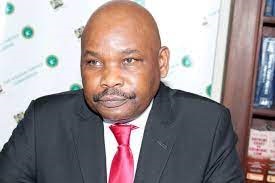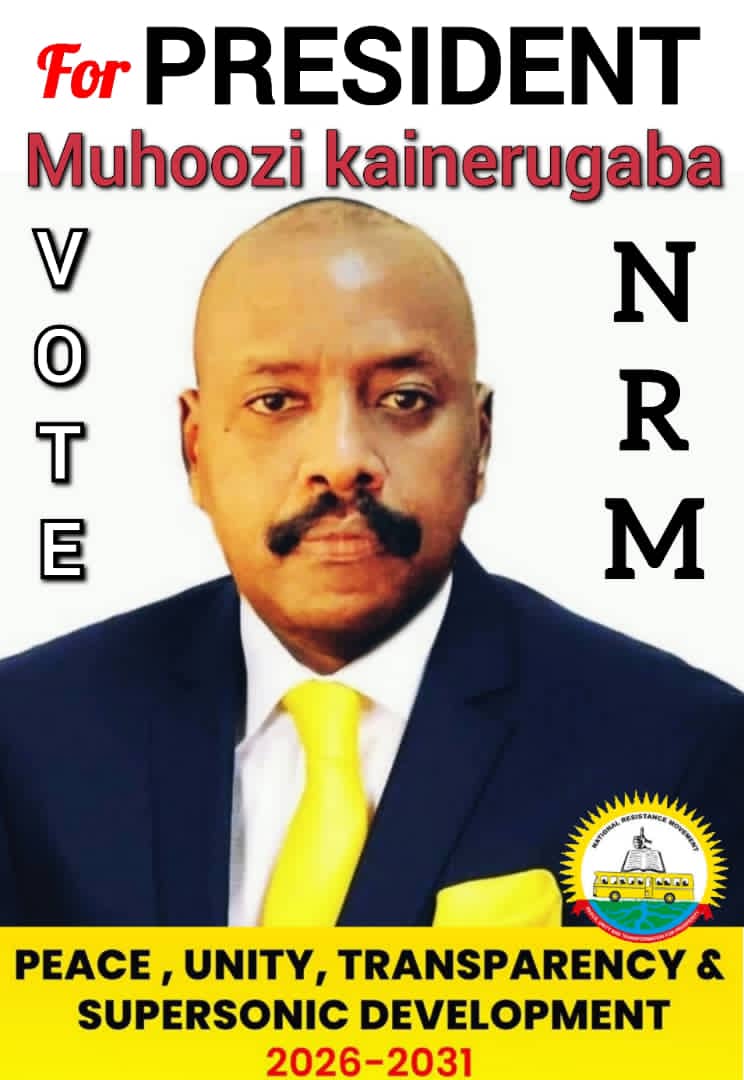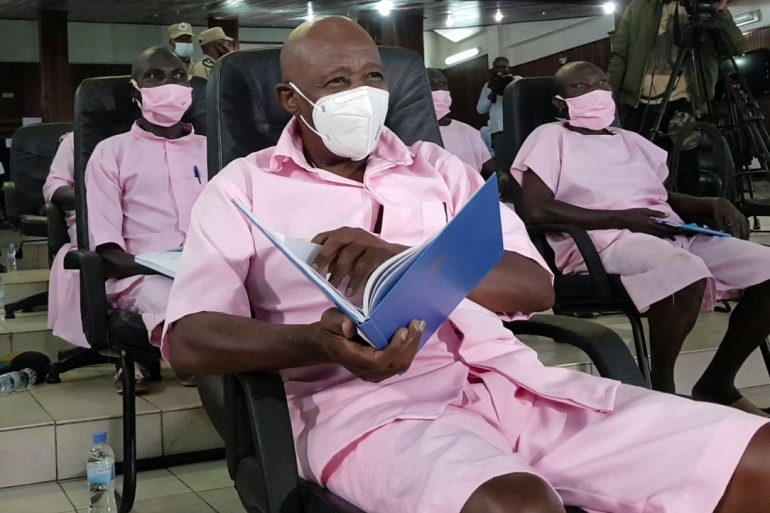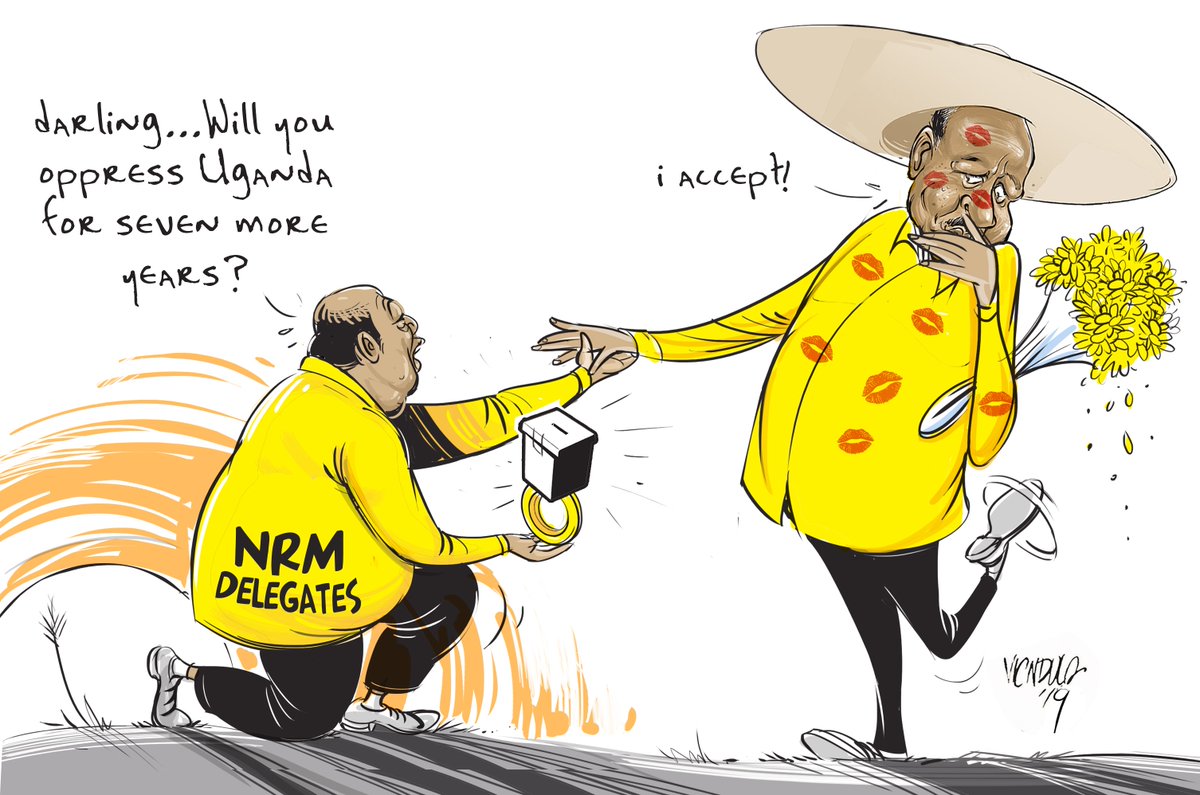Regional
Not fit to serve: Ugandan troops turn guns on innocent civilians in Somalia
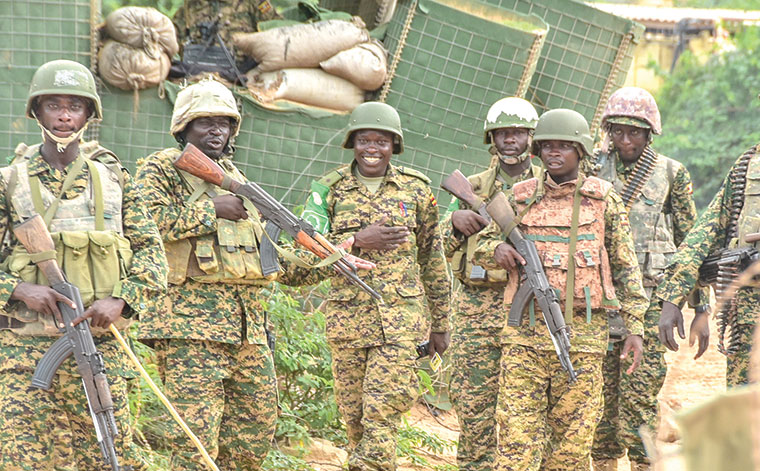
The
African Union Mission in Somalia (AMISOM) recently established that seven
innocent civilians were killed by the Uganda People’s Defence Force (UPDF).
AMISOM's investigators found that Ugandan soldiers operating in the Golweyn
area in the Lower Shabelle region in Southern Somalia, about 110 kilometres
south of the capital, Mogadishu, on August 10 killed innocent civilians.
The
act was not only in breach of the AMISOM rules of engagement. It also
constitutes a war crime under international law. In a statement released on
October 21, the Mission noted: “The seven people killed were regrettably
civilians, and the conduct of the personnel involved was in breach of Amisom
rules of engagement.”
The
African Union Mission in Somalia recommended that the Ugandan soldiers
implicated in killing of Somali civilians must be court-martialed. A team investigating the incident said
Ugandan authorities should follow through and constitute a court martial in
Somalia to try the soldiers involved in the killing of innocent civilians.
The six-member probe committee chaired by a
representative from the African Union Commission headquarters in Addis Ababa,
also recommended that Uganda has an obligation to compensate the families of
the civilians who were killed. “In
accordance with its obligation under the Memorandum of Understanding signed
with the African Union, the Uganda Government will reach out to the bereaved
families to discuss how to atone for the lives of those killed,” reads an
AMISOM statement.
Not
fit to serve
Those
familiar with the UPDF modus operandi were not surprised that Ugandan troops
were involved in war crimes in Somalia. The UPDF has killed innocent civilians
both at home and in neighbouring countries before. “The UPDF has over the years
exhibited the highest level of indiscipline and I believe it is right to say
that the Ugandan army is not fit to serve in any peacekeeping operation,” said
an African security analyst who prefered anonymity.
In
June 2016, Somali police arrested Ugandan soldiers serving in AMISOM for
selling military supplies. The soldiers were found with improvised detonators,
fuel, sandbags and empty ammunition boxes which they sold to a garage located
at Banadir neighbourhood, in Mogadishu. They sold some military equipment that
could end up in the hands of the enemy and used
by terrorists to fight African Union forces. The act by the Ugandan
soldiers was treasonable.
In
August 2015, three Ugandan soldiers were charged over the killing – a month
earlier – of a group of civilians in
Somalia, The troops entered several houses in Merca, about 70 kilometres south
of Mogadishu, after a grenade attack on their convoy and, at one house where a
family was celebrating a wedding, they separated the men from the women and
shot six adult men - four brothers, their father, and an uncle. Four died
immediately, one brother hid under a bed after being shot but later died. The
father died during the night after the soldiers refused to allow the family to
take him to the hospital.
In
1999, the Democratic Republic of Congo (DRC), accused Ugandan troops of
occupation, abuse of human-rights, engaging in military and paramilitary
operations, providing financial and logistical support to covert groups
fighting the Kinshasa regime and pillaging the vast country’s natural
resources. In a case which was filed at
the International Court of Justice (ICJ), in the Netherlands, Uganda was pinned
for the crimes and asked to pay reparations to the tune of $10 billion to the DRC
government. Although Uganda lost an appeal case in 2005, it is yet to pay
up after the ICJ verdict.
Back
home, the Ugandan army is responsible for gross human rights violations, kidnap
and torture of innocent civilians especially those perceived to be in the
opposition, and people of Rwandan origin. Before the January 2021 presidential
elections, the UPDF was accused of carrying out a wave of abductions and
torture of members of the opposition allied to Robert Kyagulanyi alias Bobi
Wine. Hundreds of civilians were violently arrested, tortured, while more than
50 people died mainly of gun shots.
The
National Unity Platform party (NUP) said that more than 600 members and
activists were detained by masked men in vehicles. According to lawyers and
victims of the detentions, the Special Forces Command (SFC) is to blame for
many of the abuses. The SFC was commanded by Lt. Gen Muhoozi Kainerubaga,
Museveni’s son, who was named in a case before the International Criminal
Court, for human rights abuses along with several senior officers. A U.S. attorney,
Bruce Afran, drew up the complaint on behalf of Bobi Wine.
The
most recent litany of rights abuses and indiscipline by the UPDF is just a tip
of the iceberg. It would serve Uganda better, if its army kept the bad behavior
at home and disqualified itself from participating in peacekeeping operations
under the AU or the UN.



